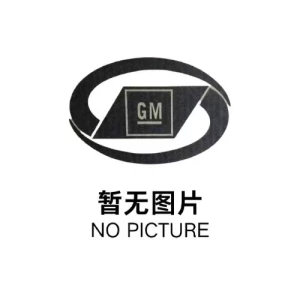Everything You Need to Know About Sockets for Industrial Use
When it comes to industrial tools and hardware, sockets are among the most essential components. Whether you're working in automotive repair, machinery maintenance, or construction, having the right socket can make all the difference in efficiency and safety. This guide will help you understand the different types available, their key features, and how to select the best ones for your needs.
Types of Socket
Industrial sockets come in various designs to accommodate different applications:
Impact Sockets
Built to withstand high torque from impact wrenches, these are typically made from chrome molybdenum steel.
Deep Sockets
With extra length to reach nuts on long bolts or studs, ideal for automotive applications.
Spark Plug Sockets
Specially designed with rubber inserts to protect spark plug insulators during installation/removal.
Swivel Sockets
Feature a universal joint mechanism for working at angles in tight spaces.
Functions and features of Socket
Modern industrial sockets incorporate several important features:
- Anti-slip design - Prevents rounding of fastener edges
- Laser-etched markings - For easy size identification
- Heat treatment - Enhances durability and strength
- Chrome plating - Provides corrosion resistance
Scenarios of Socket
Sockets find applications across multiple industries:
Automotive: From routine maintenance to major engine work, mechanics rely on complete socket sets daily.
Manufacturing: Production line equipment maintenance requires specialized sockets for quick repairs.
Construction: Heavy machinery maintenance demands durable sockets that can handle large fasteners.
How to Choose Socket
Selecting the right socket involves considering several factors:
- Material: Chrome vanadium steel offers the best balance of strength and durability
- Drive size: Match to your wrench (1/4", 3/8", 1/2" are most common)
- Size range: Ensure coverage for all fasteners in your application
- Finish: Chrome plating resists corrosion while black oxide reduces glare
What Buyers Should Know Before Buying Socket from China
When sourcing sockets from Chinese manufacturers:
- Verify material certifications (especially for alloy steel content)
- Request samples to test fit and durability
- Check minimum order quantities (MOQs) match your needs
- Confirm packaging meets your requirements
- Understand lead times and shipping options
How to Find Reliable Socket from China in 2025
Follow these steps to identify trustworthy suppliers:
- Search Alibaba.com for manufacturers with Gold Supplier status
- Review company profiles for production capabilities and certifications
- Check customer reviews and transaction history
- Request factory audit reports where available
- Start with small test orders before committing to large purchases
Socket Q & A
Q: What's the difference between 6-point and 12-point sockets?
A: 6-point sockets provide better grip and are less likely to round off fasteners, while 12-point sockets offer more positioning options in tight spaces.
Q: How often should industrial sockets be replaced?
A: With proper use, quality sockets last 2-3 years in professional settings. Replace immediately if you notice cracks, rounding, or significant wear.
Q: Can impact sockets be used with regular wrenches?
A: Yes, but regular sockets shouldn't be used with impact wrenches as they may shatter under sudden torque.
Q: What certifications should I look for in industrial sockets?
A: ISO 9001 for quality management and relevant ANSI or DIN standards for dimensional accuracy.
Q: How do I prevent socket wear?
A: Always use the correct size, avoid excessive force, and keep sockets clean and lubricated.












































.jpg_300x300.webp)
.jpg_300x300.webp)
.jpg_300x300.webp)
.jpg_300x300.webp)

.jpg_300x300.webp)

















